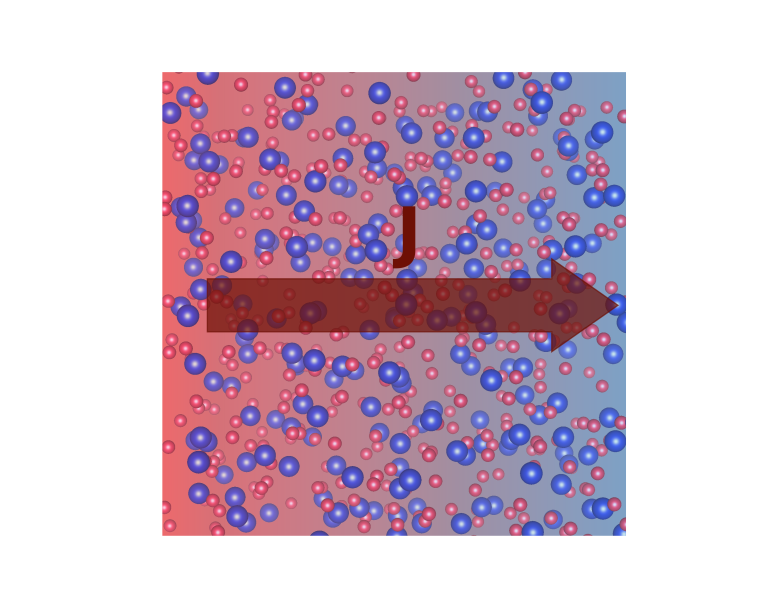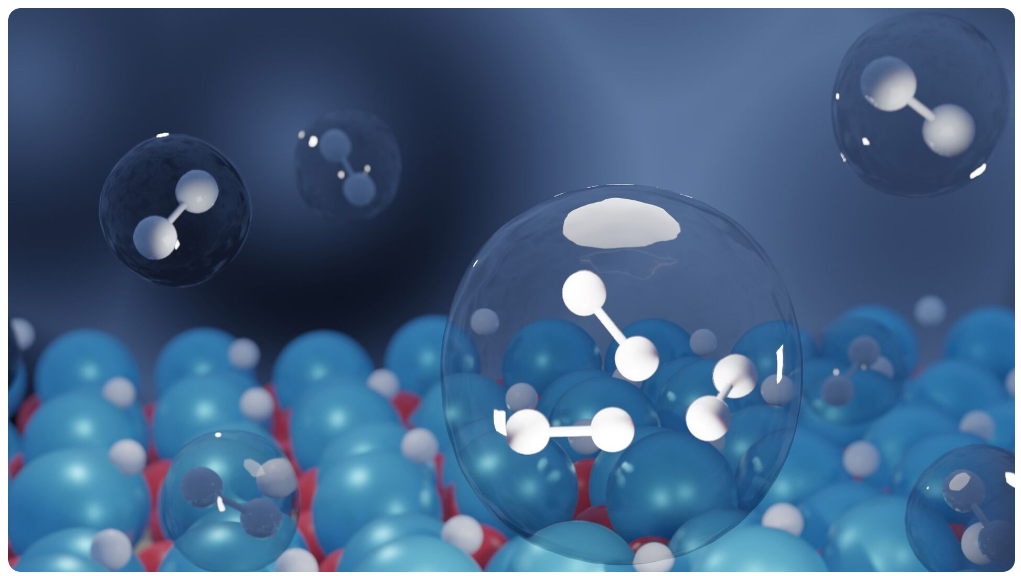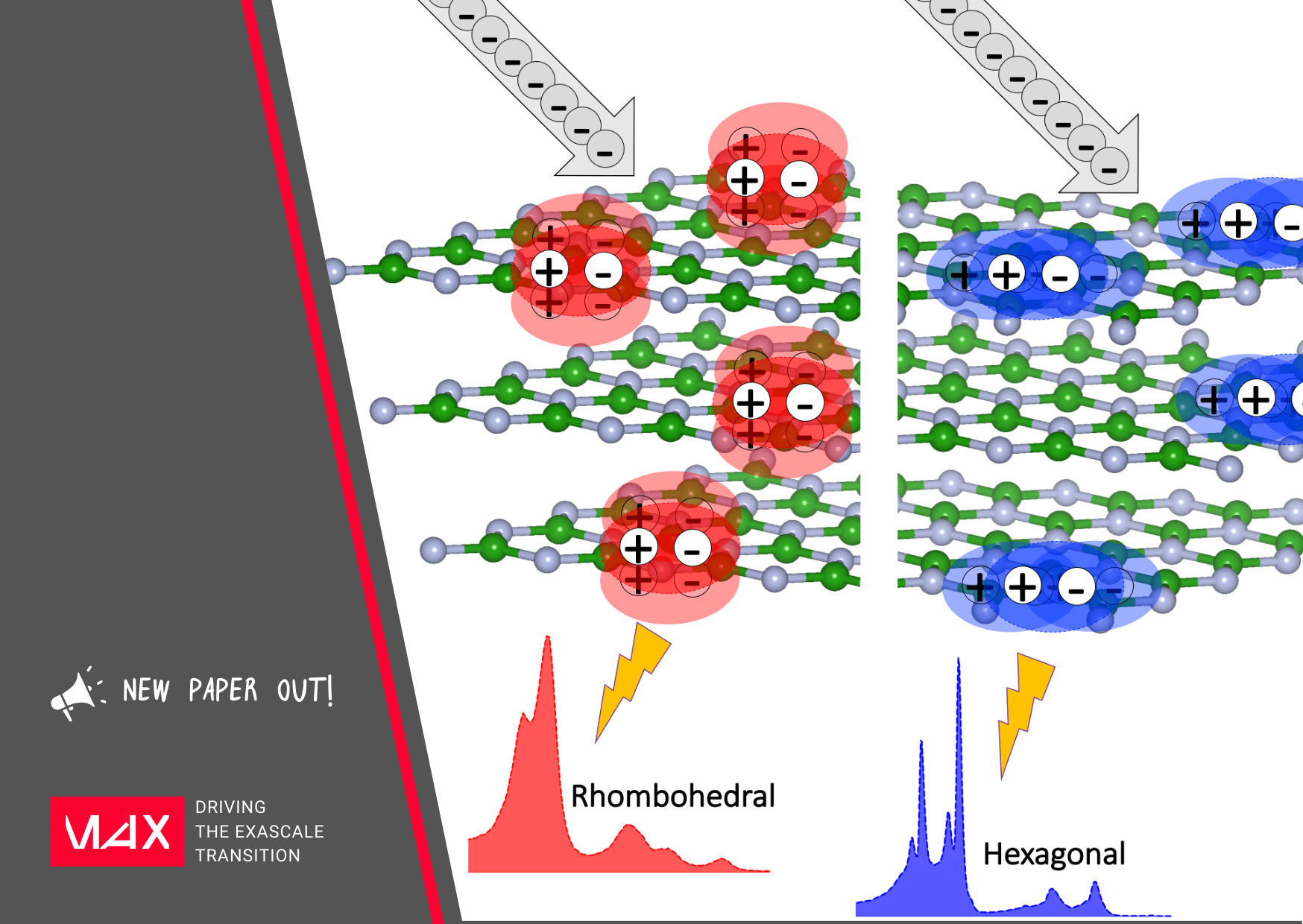Computing the heat conductivity of extended systems with energy-density fluctuations
By using a combination of cepstral-analysis and Bayesian extrapolation techniques, a team of researchers from SISSA and CNR-IOM DEMOCRITOS compute the heat conductivity of extended systems, leveraging energy-density, rather than energy-current, fluctuations.

Figure: disordered silica (SiO2) system in the presence of a temperature gradient with the resulting heat flow.
Computing and modeling the macroscopic energy current for general classical force fields or quantum density functionals is a current challenge in the materials simulation domain.
In a recent study published in Journal of Chemical Physics, SISSA and CNR-IOM DEMOCRITOS researchers employ hydrodynamic considerations to compute the thermal conductivity of solids and liquids. Their method proposes to compute the heat conductivity not relying on the macroscopic energy current but rather on the energy density, which is easier to compute. The applicability of the approach is limited by numerical noise and long-wavelength extrapolations. To relieve these numerical drawbacks, the researchers employ state-of-the-art signal reconstruction techniques (e.g., cepstral analysis) and Bayesian regression methods.
“Thermal transport has interested material scientists for decades. In this work, we elucidate how this crucial transport coefficient can be evaluated from the energy-density, rather than the heat-flux, whose analytical expression is cumbersome to devise and implement” says E. Drigo, first author of the paper.
Supported by the European Commission through the MAX Centre of Excellence for supercomputing applications, the Italian MUR (through the PRIN project FERMAT), and the Italian National Centre for HPC, Big Data, and Quantum Computing (ICSC), the study proposes to compute the heat conductivity in extended systems from energy-density fluctuations, with modern data and signal analysis techniques that considerably enhance its applicability.
About MAX
MAX enables materials modelling, simulations, discovery, and design at the frontiers of current and future High-Performance Computing (HPC), High Throughput Computing (HTC), and data analytics technologies. MAX is proud to contribute to the long-term EuroHPC strategy, bringing the most successful and widely used open-source codes in quantum simulations of materials towards exascale and extreme scaling performance.
Reference article:
https://doi.org/10.1063/5.0168732



